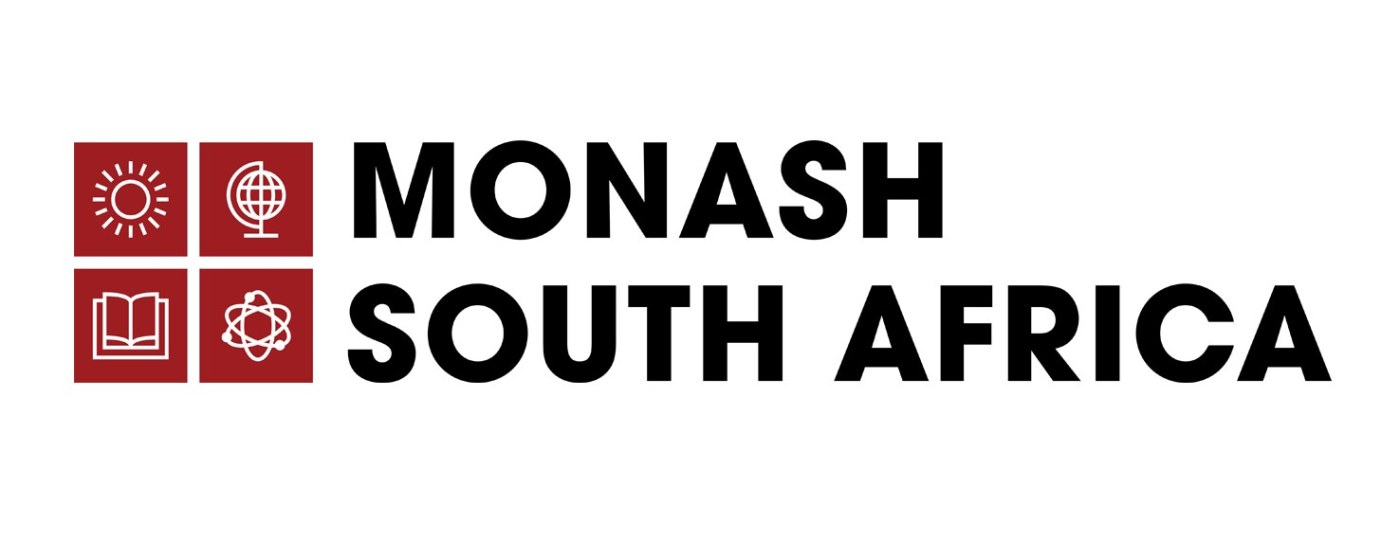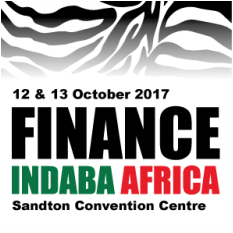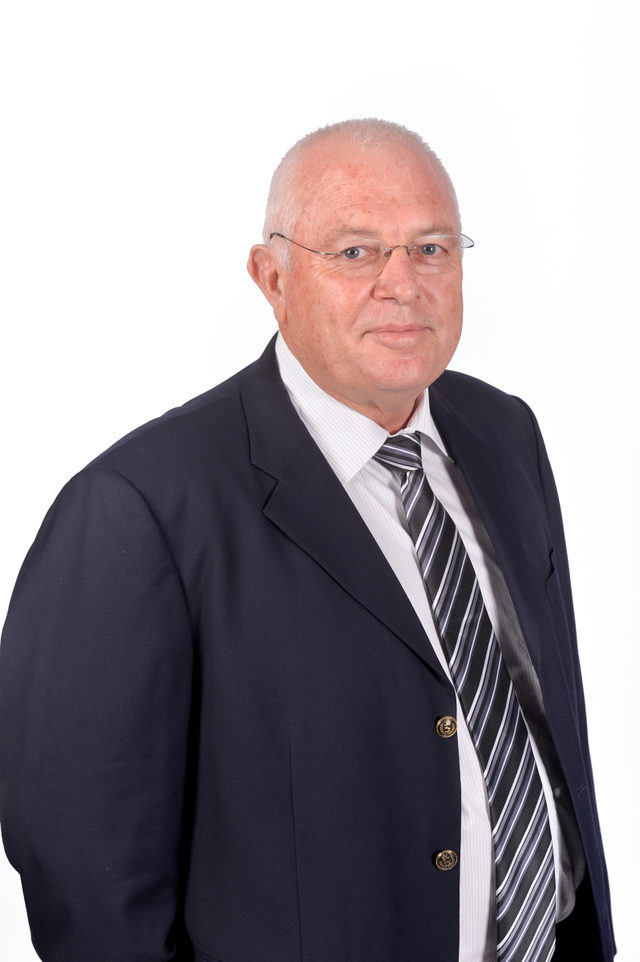Professor Alwyn Louw is the President of Monash South Africa (MSA), a premier institution of Higher Education and a platinum partner at the Finance Indaba Africa 2017 on 12 and 13 October 2017 at the Sandton Convention Centre in Johannesburg.
Prof. Louw leads the institution to ensure that it consistently meets its goals to create real impact in Southern Africa and Africa as a whole. His past experience includes holding senior positons in Technikon SA, Unisa, and the Vaal University of Technology. He is currently steering the young institution through its development phase, using the opportunity to place MSA at the forefront of innovation in the field of education.
- Finance professionals and accountants register for the Finance Indaba for free with code FB2017!
Do you want to learn more about why Monash South Africa is on its way to becoming a "university of the future"? Do you want to be informed about the latest and greatest in finance? Then don't miss the Finance Indaba Africa 2017.
What are some of your goals for MSA?
"We have moved on from the idea of universities being ivory towers. We accept the responsibility of being partners to society, working together with industry, government and civil society to achieve the development goals of the country and the broader region. We aim to facilitate optimal access for students, both full-time and working, to higher education and we are very focused on providing a learning opportunity that will prepare them for the international world and local environment. Our teaching and learning approach is based on a balance between theory and application. We make sure students are employable, both in terms of gaining employment and creating jobs".
South Africa's higher education sector is experiencing a period of volatility. Is Monash engaging with stakeholders to resolve this?
"Monash is fully accredited in South Africa as a higher education institution. We meet all the statutory requirements in terms of accreditation of the institution and qualifications. We undergo the same assessments in terms of quality expectations and engage with institutions across the sector on issues of quality and the direction of higher education. We subscribe to the principles of the Higher Education Act as well as the new White Paper on Post School Education".
How are you going about building the "University of the Future"?
"We accept the fact that we have a new relationship with society. We have an impact-based approach that goes beyond mere outputs, such as preparing people to graduate or publishing research articles. MSA goes the extra mile and makes a real difference in terms of development issues. Our ambitions extend beyond the traditional role of a private higher education institution into introducing an Engineering Faculty and disciplines and subject areas that are in real demand in the country. We make sure we conduct proper market research to determine real needs".
Is accounting a focus of the institution?
"We have a large accounting programme that we consider an MSA flagship, based on the needs of the country and continent. We offer a postgraduate diploma to prepare students for chartered accountancy and have arrangements with CIMA and ACCA. We function across the accounting spectrum and prepare students for a variety of options. We also have an MBA programme focused on innovation and entrepreneurism. Our students address real topics pertinent to industry and business".
 How has higher education changed since you started out in the sector?
How has higher education changed since you started out in the sector?
"Higher education is becoming increasingly aware of the challenge to face the information and fourth industrial eras in a different way. We acknowledge that students have a different approach to learning and a different learning need. They need a different kind of support in this environment. Higher education is repositioning itself in terms of types of qualifications and learning experiences. We can't teach like we did 20 years ago. In terms of business opportunities and training, our balance between theory and application and relationships with industry ensure our students will play a leading role in this environment.
The profile or 'graduateness' of students is different today. In the past, knowledge of facts and formulae was crucial, but it is now more about knowledge as the skill to use information effectively. Students must be willing to take risks and be open to change. They must have awareness of context and the ability to interpret and understand implications of the environment. Systems orientation, an understanding of networks, interdependence and reciprocity and creating synergy to be able to function effectively are all significant".
What was the thinking behind partnering with the Finance Indaba?
"It is squarely in line with our approach to build strong relationships and partner with industry. The Finance Indaba is a broad platform through which people from industry and business can come together, share ideas and learn from each other. We want attendees to know that we provide appropriate learning opportunities across a broad spectrum and are also available to partner in terms of non-formal programmes and skills development, as well as to support business in general to build capacity to approach the new era".
What is MSA's relationship with the Australian institution?
"We are an autonomous institution, with the global Laureate network of universities and Monash Australia as shareholders. We have a direct relationship with Monash Australia as a shareholder and also in terms of academic collaboration on programmes and delivery to offer quality postgraduate qualifications in Africa".
Has there been a change in how workers view postgraduate education?
"There has been a distinct change. Recent research indicates that to function effectively in the financial world, you'll need a master's degree, at the very least. Even in the public sector, there is talk of the need for postgraduate degrees to gain promotion. This is a general phenomenon aligned with our idea of managing and interpreting information effectively, which is a key part of skills development in postgraduate work. People realise the need to specialise, but also to reflect deeply to participate effectively in industry".
What advice do you have for prospective students?
"Students should engage directly with business and industry to enhance their understanding of how society and business work and identify opportunities for themselves, then make decisions based on this. Sometimes, a student's dreams can be very far removed from reality. The Indaba platform is an opportunity for them to gain valuable information that will have a meaningful impact on their futures. They should also take advantage of the opportunity to develop networks for internships and employment".











